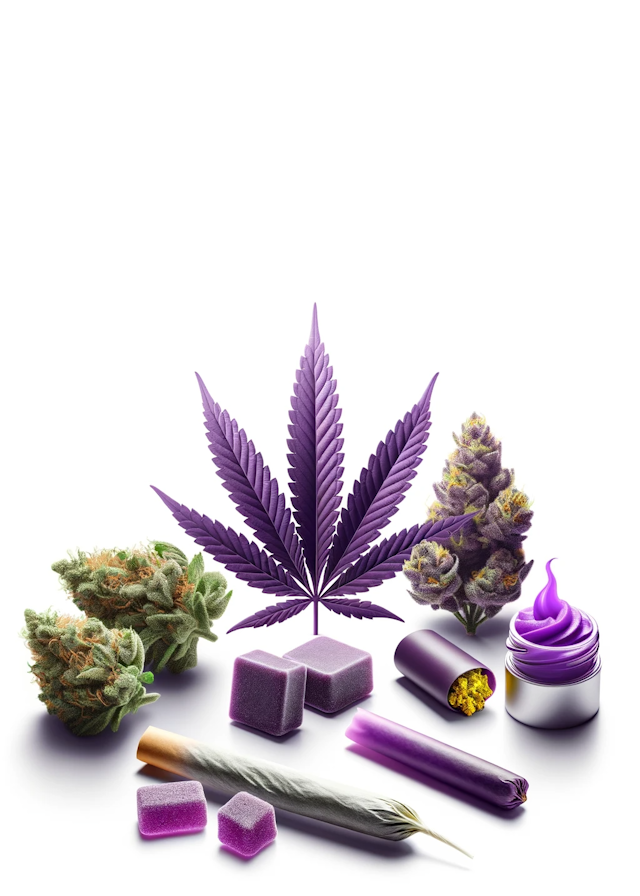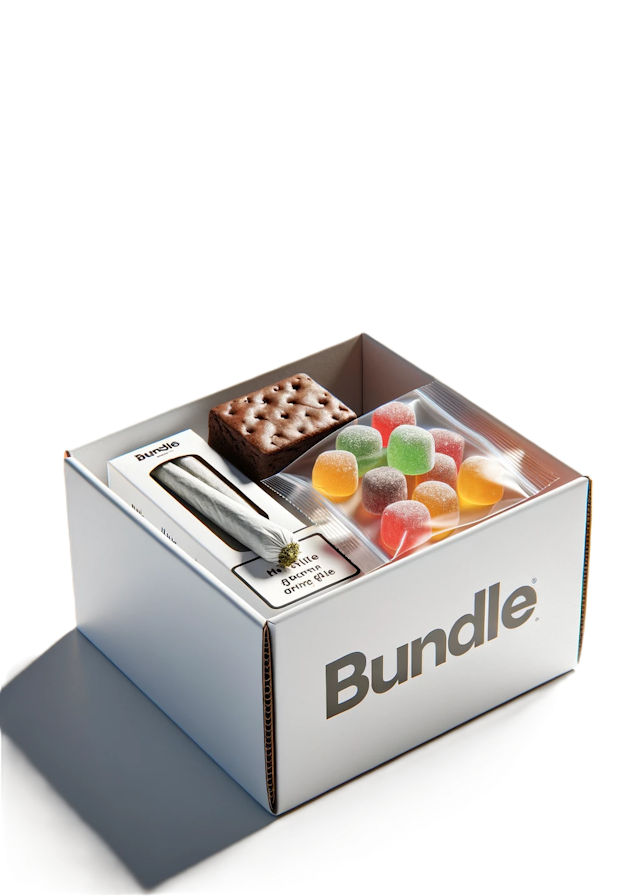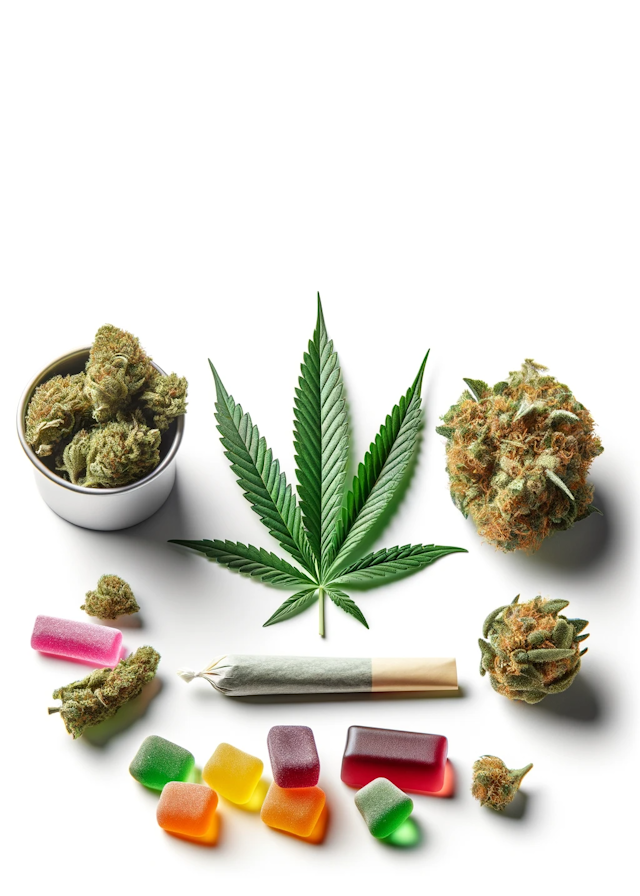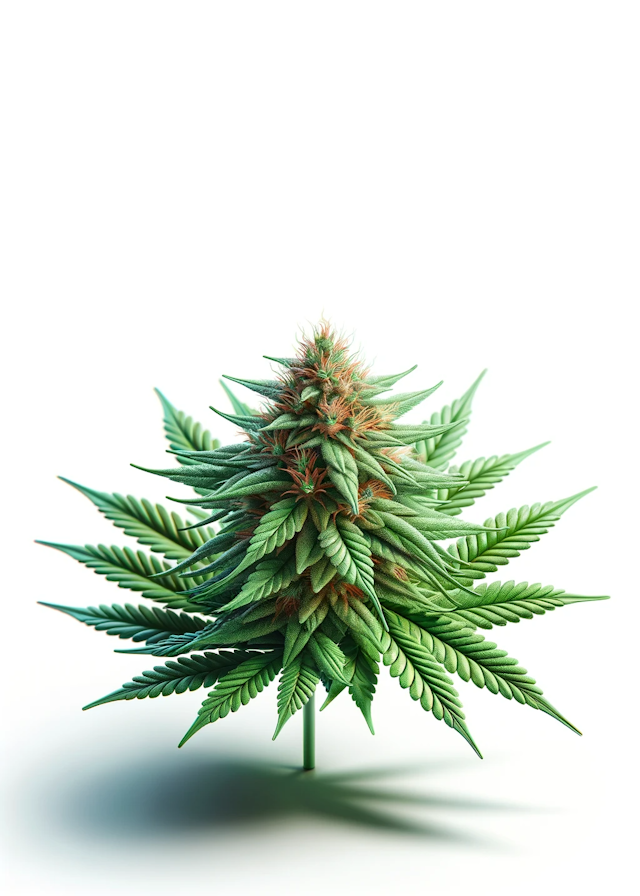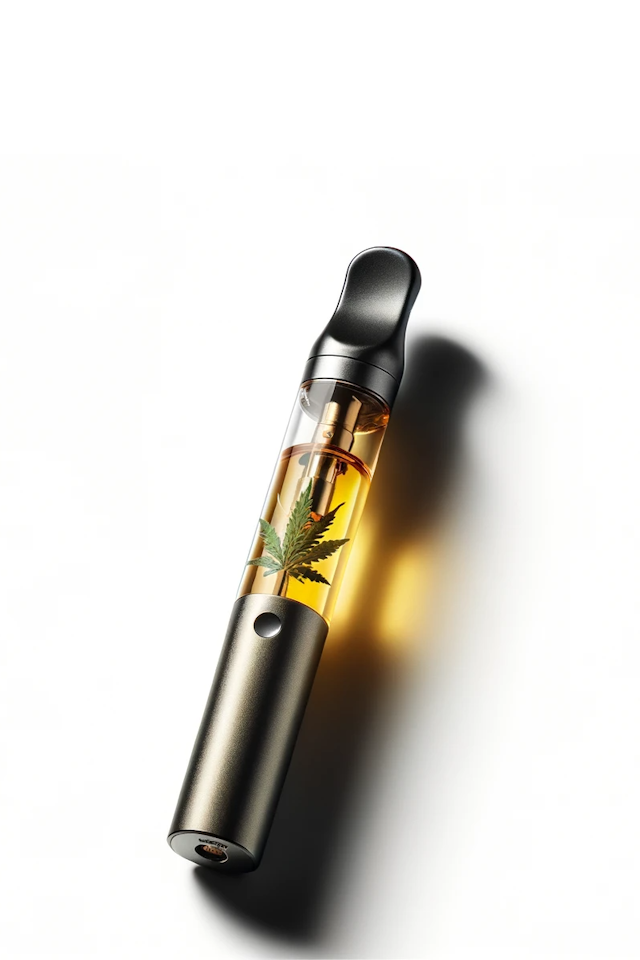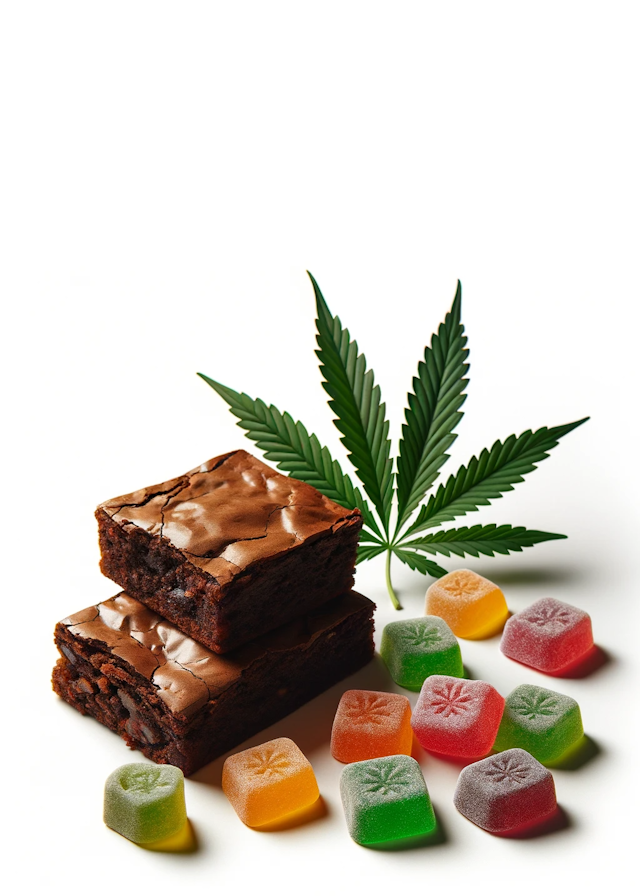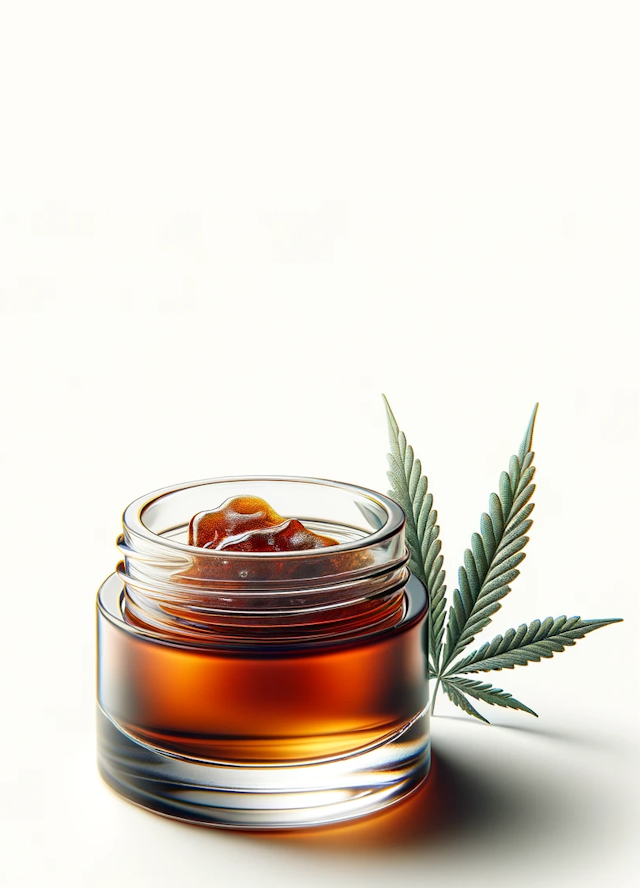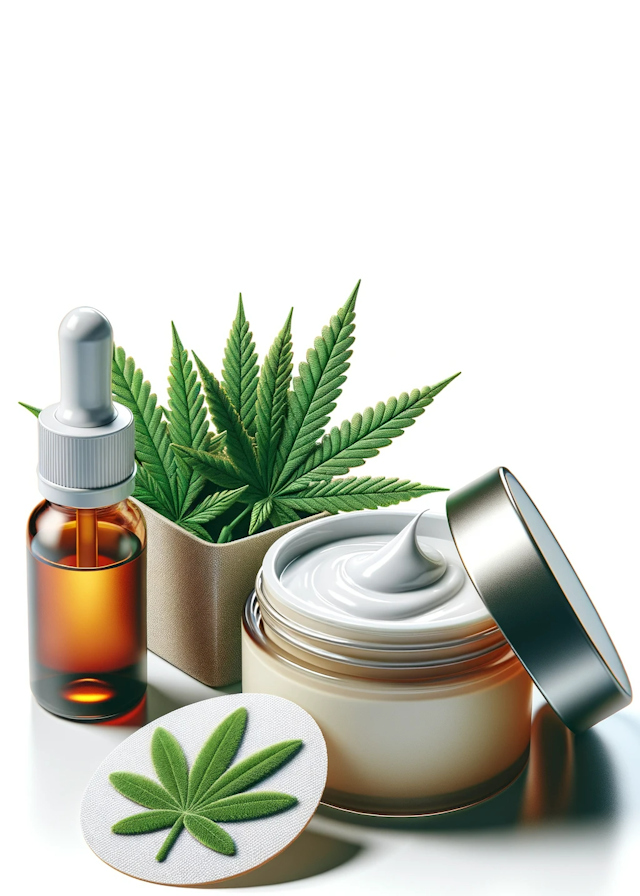
THC Gummies
- Tablets
- THC:
- 200mg
- THCA:
- 20mg
- CBN:
- 50mg
- CBG:
- 20mg
Discount-40%Price$18was $ 30/Each - Tablets
- THC:
- 10mg
- THCA:
- 10mg
- CBD:
- 120mg
- CBG:
- 58mg
- CBDA:
- 120mg
Discount-40%Price$18was $ 30/Each - Sours Gummies
- THC:
- 100mg
- CBD:
- 100mg
 Subscribe10% savingsDiscount-40%Price$12was $ 20/Each
Subscribe10% savingsDiscount-40%Price$12was $ 20/Each - Sour Gummies
- THC:
- 100mg
 Subscribe10% savingsDiscount-40%Price$12was $ 20/Each
Subscribe10% savingsDiscount-40%Price$12was $ 20/Each - Gummies
- THC:
- 40mg
- CBD:
- 120mg
 Subscribe10% savingsDiscount-40%Price$12was $ 20/Each
Subscribe10% savingsDiscount-40%Price$12was $ 20/Each - Fruit Chews
- THC:
- 100mg
- CBN:
- 50mg
 Subscribe10% savingsDiscount-40%Price$12was $ 20/Each
Subscribe10% savingsDiscount-40%Price$12was $ 20/Each - Gummies
- THC:
- 100mg
- CBD:
- 100mg
 Subscribe10% savingsDiscount-40%Price$12was $ 20/Each
Subscribe10% savingsDiscount-40%Price$12was $ 20/Each - Gummies
- THC:
- 100mg
- CBD:
- 100mg
 Subscribe10% savingsDiscount-40%Price$12was $ 20/Each
Subscribe10% savingsDiscount-40%Price$12was $ 20/Each
THC Gummies Frequently Asked Questions
THC gummies are edible candies infused with tetrahydrocannabinol (THC), the psychoactive compound found in cannabis. They come in various flavors and dosages, making them popular for both new and experienced users. We offer these gummies in multiple strengths to cater to different tolerance levels. Easy to consume, they provide a discreet and tasty way to enjoy cannabis benefits. The effects usually take longer to kick in compared to smoking. But, their impact can be more enduring. THC gummies are often used for relaxation, pain relief, and improved sleep, improving overall wellness routines.
THC gummies release tetrahydrocannabinol through digestion. After ingestion, the liver metabolizes THC into 11-hydroxy-THC, a potent metabolite. This metabolite then enters the bloodstream, leading to psychoactive effects. Absorption through the digestive system results in a delayed onset, typically 30 minutes to 2 hours post-consumption. Once active, the effects can last several hours due to the sustained release of THC. Hence, THC gummies provide a prolonged and controlled experience compared to inhalation methods. Understanding this process helps users know why THC gummies can be an effective part of a wellness routine.
THC gummies influence the body and mind in several ways. Psychoactive effects like euphoria and altered perception are common. These gummies also offer pain relief, which can benefit individuals with chronic pain conditions. Another effect includes enhanced relaxation, helping users unwind after stressful days. THC can cause drowsiness, improving sleep quality for those with insomnia. Cognitive effects like impaired memory and concentration can arise, making it essential to use these gummies responsibly. Some users may experience heightened senses, including taste and sound. Anxiety and paranoia can occur with high doses, highlighting the need for proper dosage management.
THC gummies may cause dry mouth and increased appetite, commonly known as "the munchies." Users might also experience dizziness or lightheadedness due to the psychoactive effects. High doses can lead to anxiety and paranoia, especially in new users. Cognitive impairment, such as issues with memory, attention, and decision-making, might occur. Some individuals report experiencing fatigue or drowsiness, which can affect daily activities. Digestive problems, including nausea and stomach discomfort, are possible in some consumers. It's crucial to start with a low dose to minimize these side effects and gradually increase as needed.
THC gummies contain tetrahydrocannabinol, the psychoactive compound in cannabis. They produce euphoric effects and may alter perception. Users often seek these gummies for their ability to enhance relaxation and provide pain relief.
CBD gummies feature cannabidiol, a non-psychoactive compound. They won't induce a high but still offer various benefits. These gummies are popular for their anti-inflammatory properties and ability to reduce anxiety.
Another key difference lies in their legal status. THC gummies face stricter regulations and are available only in states where recreational or medical cannabis is legal. CBD gummies, derived from hemp with less than 0.3% THC, are legal in most states.
Metabolization also varies between the two. THC converts into 11-hydroxy-THC in the liver, producing potent effects that last several hours. In contrast, CBD directly enters the bloodstream, offering therapeutic benefits without important psychoactive effects.
































